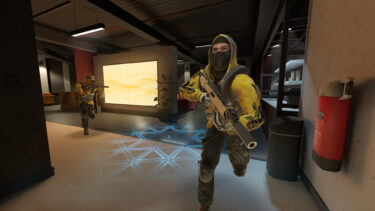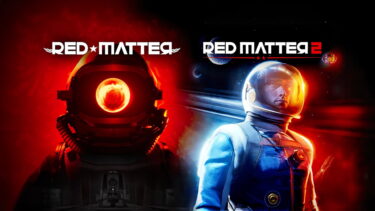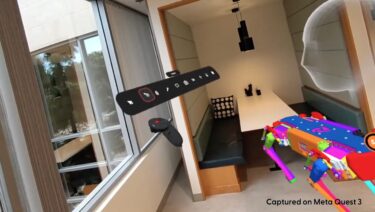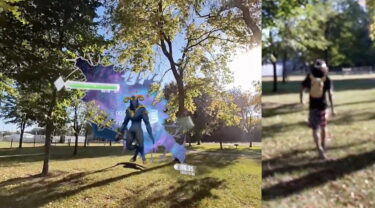Vertical Robot are the graphics wizards of virtual reality. What kind of game they will tackle next has not been decided.
Vertical Robot, the studio behind Daedalus, Red Matter and Red Matter 2, held an Ask Me Anything session on Reddit.
All three VR games are considered technical milestones on their respective platforms. Red Matter 2 in particular is currently one of the best-looking titles on Meta Quest 2 and 3, as well as Playstation VR 2.
The first part was released yesterday for Playstation VR 2 and shines with great visuals thanks to graphical enhancements. If you haven’t played either VR game yet, you can now buy them on both platforms in a bundle.
Vertical Robot takes a well-deserved break
After more than seven years of intensive VR development, the studio is taking a break:
“We’re not rushing into announcing our next project just yet because, honestly, we’re still in the brainstorming phase! We believe in taking our time to prototype, explore various ideas, and really dive deep into what excites us and, hopefully, what will excite you too,” the developers wrote on Reddit.
Whether there will be a Red Matter 3 is not certain: “While we adore the Red Matter universe, we are also open to exploring different genres and creating new, exciting worlds for our players to explore. We haven’t made a decision yet!”
Small team with huge potential
One of the most amazing revelations from the AMA session is that Vertical Robot is made up of only two developers!
For Red Matter 2, the team temporarily grew to four full-time developers and two part-timers, which is still impressive for a game of this size and level of detail. After the project ended, the studio shrank back to the core team of two.
“While the success of the series might open doors to potential expansion, we currently don’t foresee growing in any significant way in the immediate future. We cherish the close-knit, focused dynamic of our small team and believe it allows us to maintain a particular quality and consistency in our work,” the developers write.
The studio has received “invaluable” support from Meta and its Oculus Publishing program over the years, they added. Neither Meta nor Sony had approached the studio about a possible acquisition.
Foveated rendering took a long time to implement
PSVR 2’s foveated rendering does wonders for Red Matter 1 and 2, and the team writes that the implementation was a “meticulous process”.
“It took us approximately one month to get it properly working, primarily due to the extensive customizations we’ve made to our engine, applicable for both PSVR2 and PC.” The Red Matter games use a heavily modified version of the Unreal Engine.
The port of Red Matter from PSVR 1 to PSVR 2, on the other hand, took five months, with only the core team working on the implementation.
Plans for Red Matter 2 emerged only after the first part was released for the original Oculus Quest in 2019, according to the developers.
“In our case, we did prioritize the Quest 2 during the development of RM2 because that was our most important target audience. However, scaling up to PSVR2 was a breeze thanks to our initial design choices. Our focus on scalability allowed us to ensure that RM2 would not only meet but exceed the expectations of players across different platforms, providing a stunning and immersive VR experience whether you’re playing on a more entry-level device or a high-end system.”
Source: Mixed News




